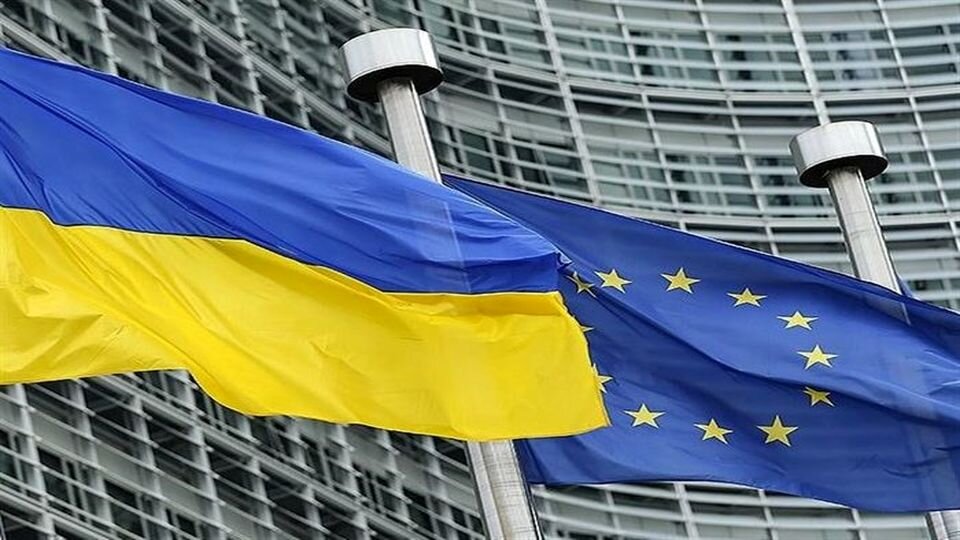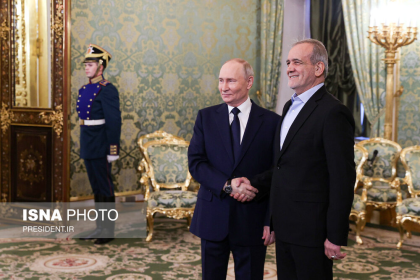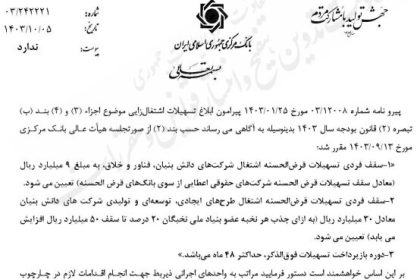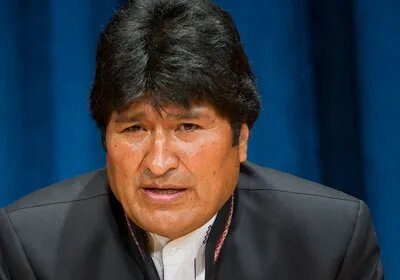Europe is looking for a loan of 40 billion euros to Ukraine without the participation of the United States
According to the Financial Times, the European Union is preparing to attract up to 40 billion euros ($44.5 billion) in new loans to Kiev without U.S. involvement to bypass Hungary’s veto on extending the freeze on Russian assets.
According to Isna, before this, Hungary, which presides over the Council of the European Union, removed the issue of the use of frozen Russian government revenues to service and repay loans to help Kiev from the agenda of the meeting of the representatives of the European Union.
According to Sputnik, the European Union and the G7 countries plan to give such a loan to Ukraine by the end of the year.
The EU’s unilateral action comes amid concerns in Brussels that Hungary is preventing the EU from providing guarantees for its participation in the Russian frozen assets scheme, the Financial Times wrote. Brussels would have to work on any replacement within weeks, as such a move would be subject to powers that expire at the end of the year.
This publication pointed to a draft legal proposal that the European Union could attract several billion euros in loans to Ukraine by the end of 2024. Such a measure, expanding the existing aid program, would only require the support of a majority of members, rather than unanimity, which would help overcome Hungary’s veto.
Officials told the newspaper that the final figure could be between 20 and 40 billion euros and would be set by the European Commission after consultation with member states.
At the same time, the officials added that it is an alternative to the original US-partnered plan, which would remain in place until the US presidential election in November if Budapest vetoed it.
The publication added that a representative of the Hungarian government told EU ambassadors in Brussels on Monday that the issue of the extension should be resolved after the US election.
Last Thursday, International Monetary Fund (IMF) spokeswoman Julie Kozak said that the G7 countries have not yet agreed on the terms and parameters of providing Ukraine with $50 billion in revenue from frozen Russian assets. Before this, the Western media reported the disagreement between the European Union and the United States on the issue of guaranteeing this loan. In particular, Washington apparently insists that the EU freeze the funds permanently, thus ensuring their use to repay the loan to Kyiv. However, there is no consensus among EU countries where most of Russia’s frozen funds are stored.
In July, EU Economic Commissioner Paolo Gentiloni announced that the commission was immediately preparing its proposal for a $50 billion loan to Kyiv, which would be repaid using frozen Russian assets but guaranteed by the EU budget reserve.
He stated that the Commission wants to prepare such a proposal as soon as possible, because the proposed mechanism is based on the guarantee from the EU budget reserve, which, according to him, can only be used until the end of this year. After the official presentation of the proposal of the European Commission, it will be discussed in a tripartite format including the European Commission, the Council of the European Union and the European Parliament. Then, formal ratification procedures will be required at the plenary session of the European Council.
After the start of Russian military operations in Ukraine, the European Union and the G7 countries blocked almost half of Russia’s foreign exchange reserves, worth approximately 300 billion euros. More than €200 billion is held in the EU, mainly in the accounts of Belgium’s Euroclear, one of the largest clearing and settlement systems in the world.
Earlier, the G7 agreed to lend Ukraine $50 billion, which would be repaid through interest on frozen Russian assets in the West.
The Russian Foreign Ministry called the freezing of the country’s assets in Europe “theft” and noted that the European Union has targeted not only private capital, but also Russian state assets. Russian Foreign Minister Sergei Lavrov said that Russia will not leave the seizure of its frozen assets in the West unanswered. According to the minister, Russia also has the option not to return the funds that Western countries have in Russia.
end of message
News>RCO NEWS
RCO


















